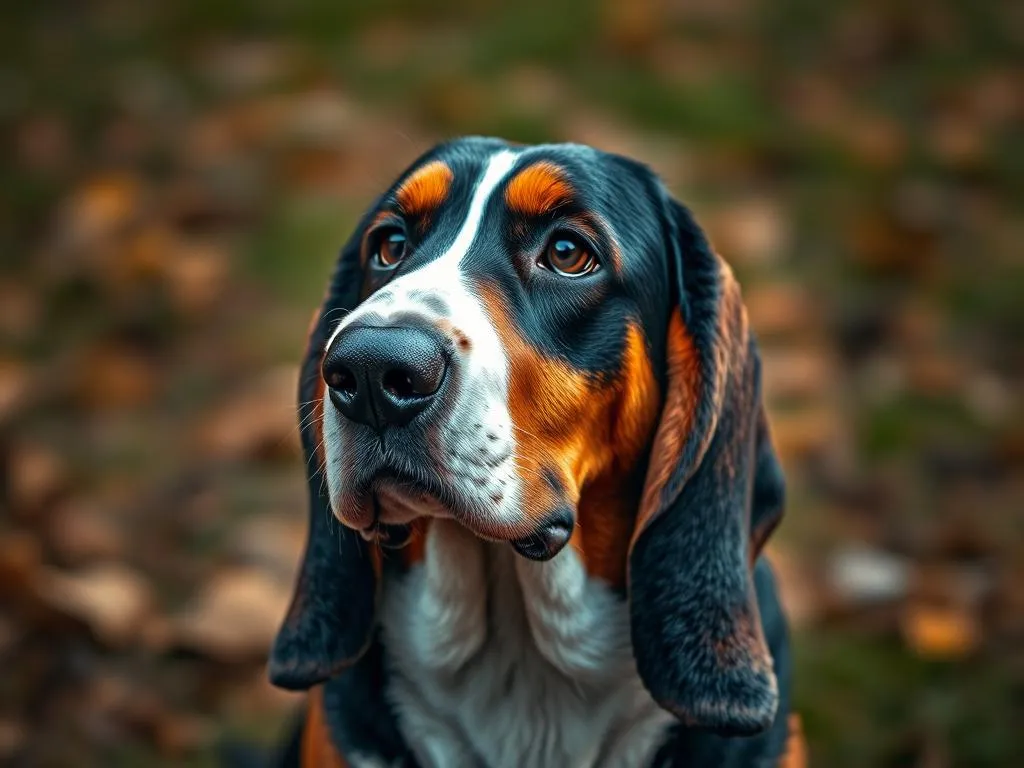
Understanding dog breeds is essential for potential pet owners, as each breed comes with its unique set of characteristics, behaviors, and needs. Among the myriad of breeds available, the Akita and Basset are two distinct yet fascinating choices. This article will explore these breeds in detail, comparing their origins, physical traits, temperaments, health concerns, and grooming requirements.
Overview of Dog Breeds
Definition and Importance of Dog Breeds
A dog breed is defined as a specific group of dogs that share similar characteristics, behaviors, and appearances. This distinction is significant as it shapes not only the dog’s look but also its behavior and suitability for various lifestyles. Understanding different breeds helps potential owners make informed choices, ensuring they find a companion that matches their lifestyle and expectations.
Popularity of Different Breeds
According to recent statistics, some of the most popular dog breeds include the Labrador Retriever, French Bulldog, and Golden Retriever. While the Akita and Basset may not top the charts, they hold a special place in the hearts of dog enthusiasts due to their unique traits and histories. The cultural significance of breeds extends beyond ownership; it reflects the bond between humans and dogs through various roles, including companionship, work, and even therapy.
Akita Breed
History and Origins
The Akita breed has a rich history that traces back to Japan, where it was initially bred for hunting large game, such as boar and deer, as well as for guarding. The breed is named after the Akita Prefecture in northern Japan. The Akita has a cultural significance in Japan, symbolizing loyalty and courage. This is epitomized in the story of Hachiko, an Akita known for his unwavering loyalty to his owner.
Physical Characteristics
Akitas are large, powerful dogs, typically weighing between 70 to 130 pounds. They stand approximately 24 to 28 inches tall at the shoulder. Akitas have a broad head, erect ears, and a thick, curled tail. Their coat is double-layered, providing insulation against cold weather, and comes in various colors, including brindle, white, and various shades of red.
Temperament and Behavior
Akitas are known for their strong-willed and independent nature. They are loyal and protective of their families but can be aloof with strangers. While they are capable of forming strong bonds with their family, early socialization is vital to ensure they are well-adjusted. Akitas can be good companions for families with older children but may not be suitable for homes with small pets due to their strong prey drive.
Health Concerns
Common health issues associated with Akitas include hip dysplasia, autoimmune disorders, and certain types of cancers. Their lifespan averages between 10 to 15 years. Preventive care, including regular veterinary check-ups, a balanced diet, and a healthy exercise routine, is essential for maintaining their health.
Grooming and Maintenance
Akitas require regular grooming, especially during shedding seasons when they “blow” their coats. Brushing them at least once a week can help manage loose hair. They need a high-quality diet to support their energy levels and should engage in regular physical activity, such as daily walks or playtime.
Basset Breed
History and Origins
The Basset Hound has its roots in France, where it was bred as a hunting dog, specifically for tracking small game like rabbits and hares. Their keen sense of smell and low stature made them excellent scent hounds. The breed was also favored for companionship due to their friendly nature and affectionate disposition.
Physical Characteristics
Basset Hounds are easily recognizable due to their long ears, droopy eyes, and short legs. They typically weigh between 40 to 65 pounds and stand about 14 to 15 inches tall. Their coat is short and smooth, coming in various colors, including tri-color (black, white, and brown), lemon, and red and white.
Temperament and Behavior
Basset Hounds are known for their laid-back and gentle demeanor. They are friendly, good-natured, and get along well with children and other pets. Bassets can be stubborn due to their independent nature, which can make training a challenge. However, they are affectionate and make great family pets.
Health Concerns
Common health issues in Basset Hounds include ear infections, obesity, and hip dysplasia. Their average lifespan ranges from 10 to 12 years. Regular veterinary care, a proper diet, and routine exercise can help manage these health concerns.
Grooming and Maintenance
Basset Hounds have relatively low grooming needs. Regular brushing is recommended to keep their coat healthy and to minimize shedding. Due to their long ears, it’s important to check for dirt and moisture regularly to prevent infections. They require moderate exercise, such as daily walks, to maintain a healthy weight and energy levels.
Comparing Akita and Basset Breeds
Physical Differences
When comparing Akitas and Basset Hounds, the physical differences are stark. Akitas are large and muscular, while Basset Hounds are short and stocky. Akitas have a thick double coat suited for colder climates, whereas Basset Hounds have a short coat that requires less grooming.
Temperamental Differences
The Akita is known for its loyalty and protective instincts, making it a good guard dog. In contrast, the Basset is more sociable and friendly, thriving in family environments. While Akitas can be reserved around strangers, Basset Hounds are typically welcoming and affectionate.
Health and Lifespan
Both breeds have their unique health concerns. Akitas face issues like hip dysplasia and autoimmune disorders, while Basset Hounds commonly experience ear infections and obesity. The Akita generally has a longer lifespan, averaging 10 to 15 years, compared to the Basset’s 10 to 12 years.
Grooming and Care Requirements
In terms of grooming, Akitas require more attention, especially during shedding seasons. Basset Hounds, on the other hand, have lower grooming requirements but need regular ear care. Exercise needs also vary; Akitas require more vigorous activity, while Bassets enjoy leisurely walks and play.
Choosing the Right Breed for You
Assessing Your Lifestyle
When choosing between an Akita and a Basset, consider your lifestyle. Akitas thrive in active households with ample space and dedicated owners who can provide consistent training and socialization. In contrast, Basset Hounds are better suited for families looking for a more laid-back companion that enjoys moderate exercise and plenty of affection.
Akita vs. Basset: Which is Right for You?
Choosing between an Akita and a Basset ultimately comes down to personal preference and lifestyle compatibility.
Pros of Akita:
– Loyal and protective nature
– Suitable for active families
– Unique and striking appearance
Cons of Akita:
– Requires consistent training and socialization
– Can be aloof with strangers
– Higher grooming and exercise needs
Pros of Basset:
– Friendly and sociable disposition
– Great with children and other pets
– Lower grooming needs
Cons of Basset:
– Can be stubborn during training
– Prone to obesity if not monitored
– Lower energy levels may not suit very active households
Consider your living arrangements, family dynamics, and the time you can dedicate to training and exercise when selecting between these two breeds.
Conclusion
In summary, both the Akita and Basset Hound are unique breeds that offer different qualities for potential dog owners. The Akita is a majestic and loyal breed that requires dedication and training, while the Basset Hound is a lovable companion that thrives in a relaxed environment. Understanding the characteristics, health concerns, and grooming needs of each breed is crucial in making a well-informed decision. Ultimately, the choice should align with your lifestyle, ensuring both you and your new canine companion can enjoy a happy and fulfilling life together.









